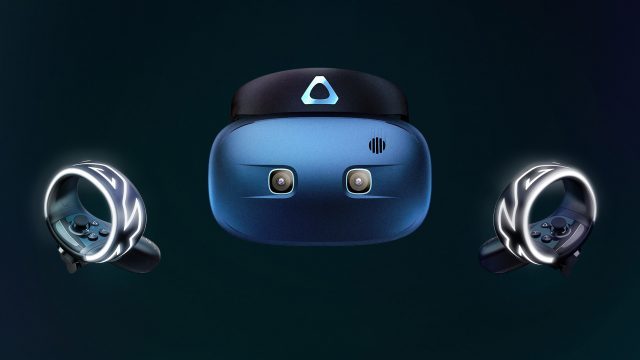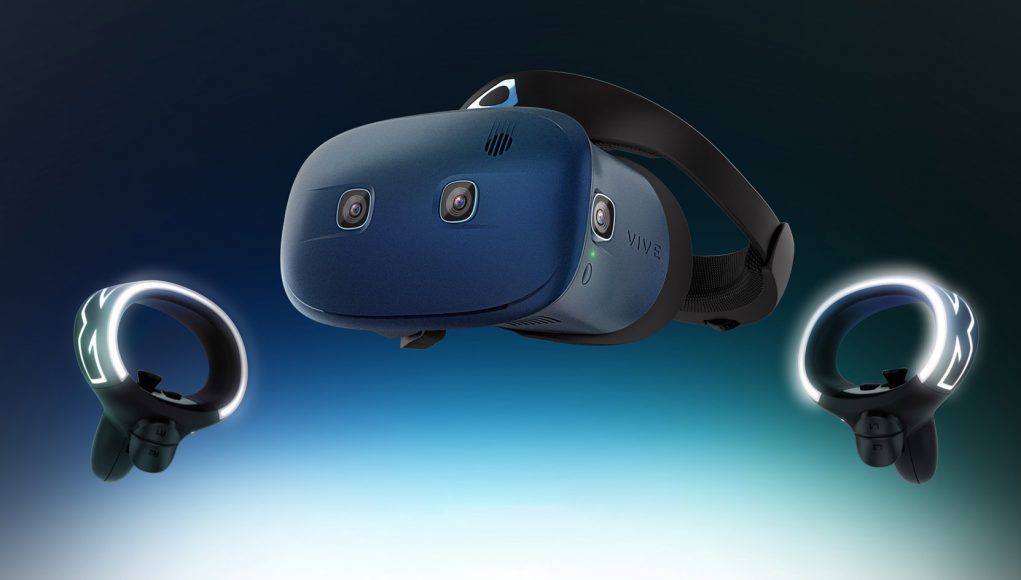Following mostly silence about the headset from the company after the reveal in January, HTC has confirmed that Vive Cosmos is due to launch in Q3. Vive Cosmos dev kits are now on their way to developers.
HTC revealed Vive Cosmos back at CES 2019, but wasn’t ready to say much about it, let alone let anyone actually try it. Now the company says the headset is due to launch in Q3 and has begun sending dev kits to developers.
However, HTC still isn’t sharing basic info about the headset like resolution, field of view, weight, tracking details, or price. And while we know that the headset will be compatible with PCs, the company has also teased that it will be able to plug into a smartphone, but has yet to offer details on how that will work.

Presumably some of these questions will start to be answered as developers get their hands on the hardware, though it isn’t clear if they’ll be allowed to share any details until HTC itself makes more information available to the public.
While Valve developed much of the technology behind the original Vive, the company partnered to bring it to market under HTC’s stewardship. Valve is now set to launch its very own VR headset, the Valve Index, which in many ways puts the companies in direct competition.
This is likely why HTC appears to be distancing itself from Valve. Cosmos is the first PC VR headset from HTC which won’t use Valve’s SteamVR Tracking technology, and while the headset will support SteamVR, it sounds like HTC plans to make its own Viveport storefront the default platform for the headset.







